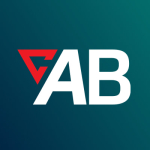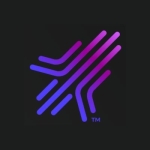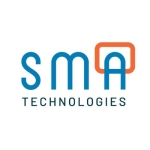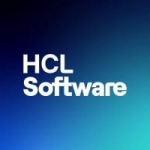We use Automic Workload Automation (AWA) for different things in the company, e.g., batch-bookings, archiving, virus scans, flight plans, etc. It is used for everything in the travel business which has IT. We do a lot of batch things within the industry, as it is a wide field.
The company does not notice our team much, which is not so good. However, that is because we can are quick and solve problems before they happen. We monitor and see where problems might occur, so we are not noticed so much in the company, but it helps in avoiding problems.
The automation helps a company to do things without manual processes. This is the definition: Without having to do so many things manually.
One example that we have with a new customer is that they hosted their programs and everything themselves. The developers received calls almost every second night saying, “We have a problem,” without having on-call duty, but they did not have any on-call duty. Yet, they still received calls saying, “There's a problem.” They just had to rerun something, and it worked. Yet, every second night, they got called.
With the automated solution they are now happy, because we can easily say, “If it breaks down, it might be a networking problem. Just restart three times and after about five minutes, run it, and it will be okay." Nobody gets called and everything works. The solution is easy for them now. For us, it is a small thing. It helps a lot, not only in huge business problems, but with the smaller ones. We have a much better night sleep and can develop their stuff better.
You can create very fine, granular workflows with a lot of possibilities. It gives you the possibility to do things in many ways. We do not have so many cases where you just can copy information here and there. Our customers have special needs, and we can use the tool to do that.
I am heading up the AWI. I desperately miss the possibility to show my read-only users on the Explorer side only their folders, not all the folders. This is something I would like to have on the dashboards (for example), where I can show them from an assembly side just their folders, not all the folders. They should have only rights to their folders, so why are they able to see all the other folders? It is confusing for them and not very comfortable. I told this to the developers already.
One to three years.
It is quite stable. I have been with the company for a year and a half, and in that time, we have not had any major breakdowns. We do not have many issues with the stability at the moment.
We are now testing on the new release and the AWI. We are a little skeptical about what is coming up, but we will wait and see.
I am a little new to the administration. At the moment, we are planning the new release where it will be easier to scale it to our needs. Though, I can't say anything about the actual version that we use at the moment.
I have raised several incidents. I have been quite content with how they have gotten back to me, which is good. Even with the transformation now to CA, I like the way they work.
The initial setup was very complex. This company and the one that I worked at before found the very first migration from whole systems, like TWS, to the Automic product challenging. They were not used to all the features that it had. Though, I did not hear a lot of complaints about it.
I would encourage people to use the solution.















